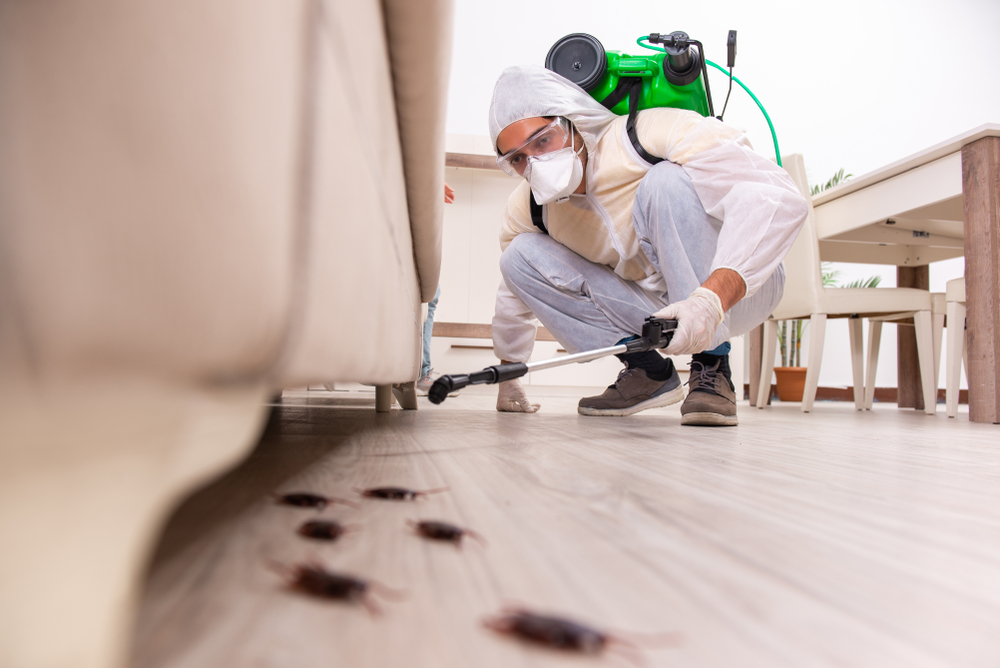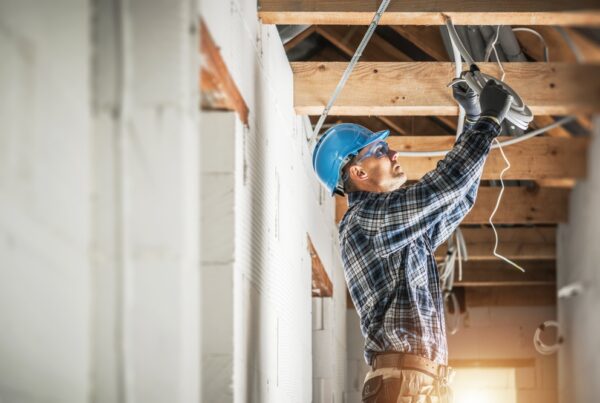If you live in an apartment complex, it’s hoped that your body corporate or landlord manages pest control and vermin control for communal areas, but occupiers and residents still need to maintain private spaces.

With the correct equipment and knowledge, pests can be controlled. Apartment pest prevention is straightforward.
Who’s responsible for rental pest control?
In most states and municipalities, landlords are responsible for pest management. An infestation of pests like cockroaches, ants, bedbugs, termites or rats can render an area uninhabitable.
A landlord may, however, be exempt from apartment pest control, if a tenant’s lifestyle or personal decisions caused the problem. This affects tenants. Renters could take a few basic actions to avoid pests. This includes some pest control tips like:
- After-use dishwashing and storage
- Cleaning after meals
- Sweeping and mopping
- Eliminating pest-hiding clutter
- Report leaking faucets, sweating pipes, or window or door seals.
Tenant pest control when?
According to NSW Fair Trading, a renter is liable for eradicating pests if the infestation is caused by the tenant’s actions or lack of cleanliness as per tenancy agreement.
If a rental property has been rented for several months before cockroaches appear, the renter usually pays for pest control professional treatments.
If a tenant feels the infestation was not caused by their actions or lack of cleanliness, the renter must establish that:
The landlord breached the rental agreement by not providing a clean and safe premises at the outset of the tenancy; and this violation created the pest problem.
It’s crucial for renters to document any pests in the condition report at the start of the rental. On the condition report, record cockroach droppings, fleas, Termites etc., and address them with your property management.
When does the landlord control pests?
The landlord must remove pests if they are present at the commencement of the rental.
If there are bed bugs at the start of the tenancy, the tenant might ask the landlord to hire a pest control agency. If the landlord doesn’t agree to or perform an agreed pest control treatment, the tenant may allege the landlord is in violation of contract and appeal to NSW Fair Trading for dispute resolution.
Apartment pest control
The EPA’s explanation of integrated pest management (IPM) gives crucial insights on how renters and landlords may keep insects and rodents out of housing units.
IPM systems manage crops, lawns, and interior spaces to prevent insect problems. This implies you should manage the apartment’s outside to prevent pests from entering and the interior to discourage them from staying.
The landlord must ensure any cracks and crevices are sealed. Keeping doors weather-stripped and mesh over dryer vents and attic access points helps.
How to bug proof your flat means implementing best practices like:
- Daily surface cleaning and upkeep.
- Eliminating trash quickly.
- Airtight food storage.
- Regular vacuuming.
- Reduce humidity.
- Tenants should also be careful when returning from travels or bringing in second-hand furniture, as both might carry insects like bed bugs.
Are pest control chemicals toxic?
While there may be concern regarding the use of harmful chemicals used to deal with pests, most pest control companies are Green Shield Certified and offer non-toxic, eco-friendly solutions.
In a standard application, technicians will spray:
- Baseboards\entryways
- Fissures
- Wall-to-cabinet, appliance, or furniture-to-wall gaps
Consult an exterminator
Pest control requires a skilled professional’s competence. Professional pest exterminators know what to do. They work quickly and know the appropriate pest treatment for each problem. They can also locate the infestation’s origins and prevent future ones.









